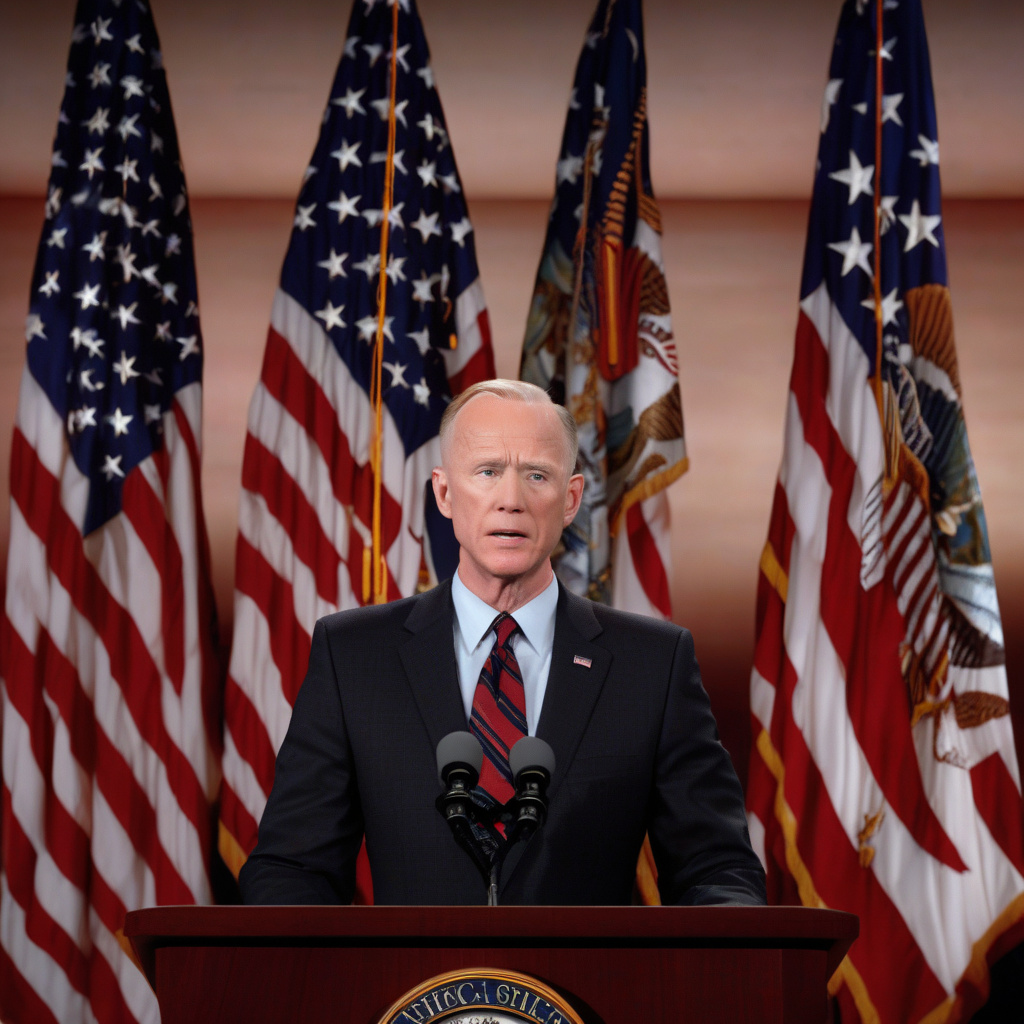In a recent turn of events, the U.S. spy chief revealed that the UK has withdrawn its request for a backdoor into Apple’s devices. This revelation comes after intense negotiations involving key figures such as President Donald Trump, Vice President JD Vance, and Tulsi Gabbard. The UK government’s initial push for access to Apple’s technology raised concerns about privacy and security on a global scale.
The decision to abandon the backdoor demand marks a significant shift in the ongoing debate surrounding encryption and government access to private data. By opting to retract their request, the UK acknowledges the importance of safeguarding user information and respecting the principles of digital privacy. This move sets a precedent for other countries grappling with similar issues and underscores the need for transparent and ethical approaches to cybersecurity.
Apple’s firm stance on protecting user privacy has been a defining factor in this high-stakes scenario. The tech giant’s unwavering commitment to encryption has garnered support from privacy advocates and tech experts worldwide. By refusing to compromise on security measures, Apple upholds its responsibility to users and sets a standard for other tech companies to prioritize privacy in an increasingly interconnected digital landscape.
The involvement of prominent political figures like President Trump, Vice President Vance, and Tulsi Gabbard underscores the complexity of the negotiations surrounding technology, security, and government access. These discussions highlight the delicate balance between national security interests and individual privacy rights. The decision to walk away from the backdoor demand showcases a willingness to engage in dialogue and find mutually agreeable solutions to complex challenges.
As the tech industry continues to innovate and evolve, the debate over encryption and government access remains a pressing issue. Balancing the needs of law enforcement with the rights of individuals requires thoughtful consideration and collaboration between policymakers, tech companies, and privacy advocates. The UK’s withdrawal of its Apple backdoor demand signals a step in the right direction towards fostering trust, transparency, and accountability in the digital age.
In conclusion, the US spy chief’s announcement regarding the UK’s abandonment of its Apple backdoor request marks a significant development in the ongoing discourse on encryption and privacy. The involvement of key political figures in the negotiations underscores the complexities of balancing security concerns with individual rights. By prioritizing user privacy and security, Apple sets a standard for responsible tech practices, shaping the global conversation on digital ethics and governance. The decision to forego the backdoor demand reflects a growing recognition of the importance of upholding privacy standards in an increasingly interconnected world.

